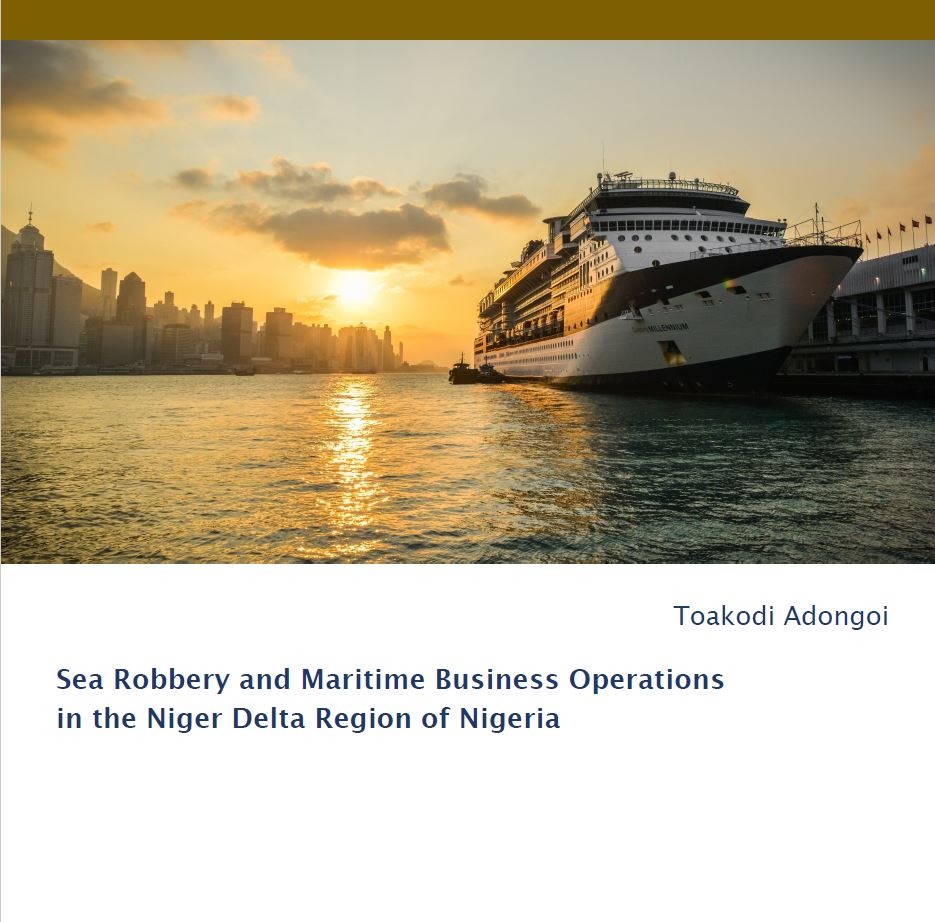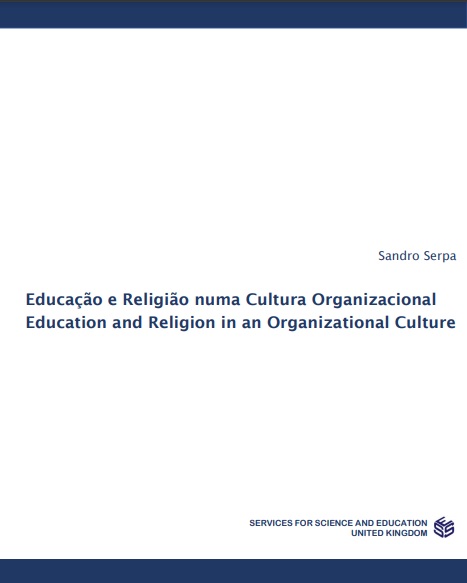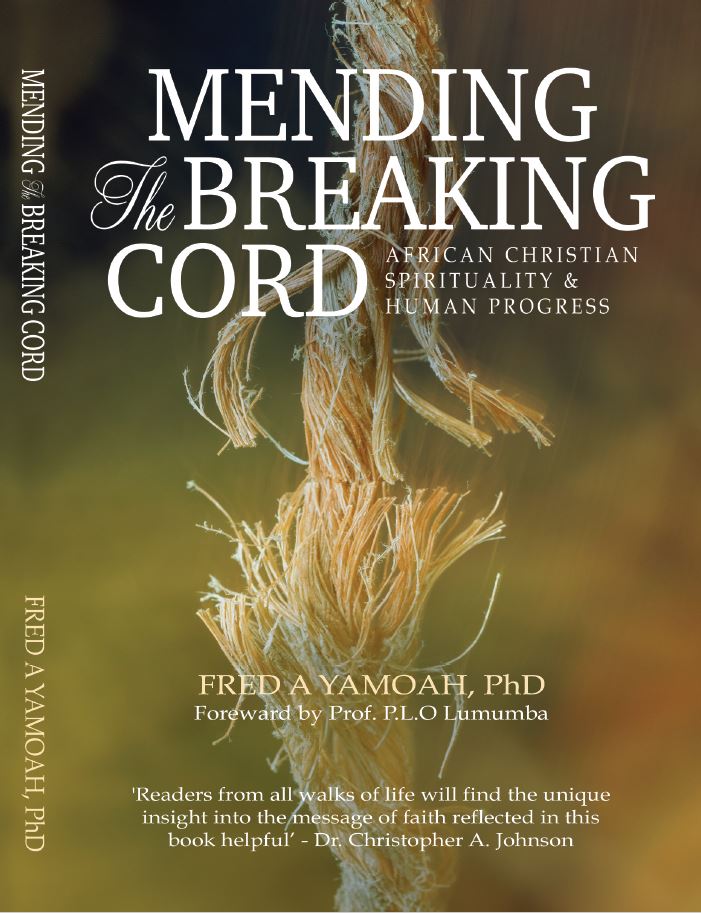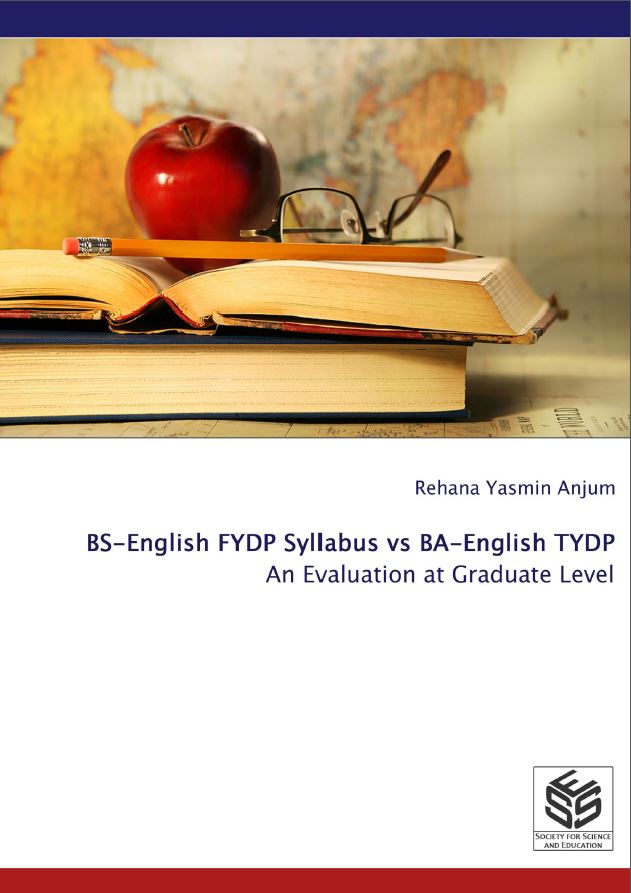Sea Robbery and Maritime Business Operations in the Niger Delta Region of Nigeria
The main thrust of this study was to examine sea robbery and maritime business operations in the Niger Delta region of Nigeria. The Routine Activity Theory propounded in (1979) by Lawrence .E. Cohen and Marcus Felson served as the theoretical guide. A multi-stage sampling technique was adopted to select respondents from three littoral states in the Niger Delta region of Nigeria. The sample size for this study was 400; this was derived using the Taro Yamane formula. Questionnaire and oral interview were used as methods of data collection. Four null hypotheses were formulated and tested. The data were analyzed using Pearson Product Moment Correlation Coefficient (PPMC). The results revealed that there was a significant relationship between sea robbery and artisanal fishing, sea robbery and water transportation, sea robbery and tourism development, also sea robbery and coastal trading in the Niger Delta region of Nigeria. The implication is that the continuing existence of the activities of robbers in the waterways of the Niger Delta region will impact negatively on the economy of business operators as well as scare investors from investing in the region. In addition, these waterways will continue to maintain their notorious posture and ranking as dangerous waterways by the international maritime watchdogs such as the International Maritime Bureau and International Maritime Organization. Furthermore, it was concluded from the study that sea robbery is rife in the Niger Delta region because of the following criminogenic factors (a) the endowment of crude oil in the study area (b) other commercial activities which are transported by the waterways and (c) the absence of adequate surveillance. Consequent upon this, it is recommended from the study, among others, that problem oriented policing at sea robbery hotspots be adopted as a measure to guarantee safety of life and property along the waterways and creeks in the Niger Delta region of Nigeria.






